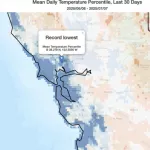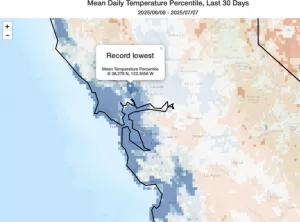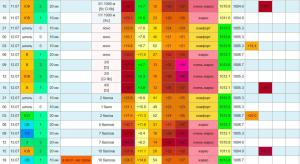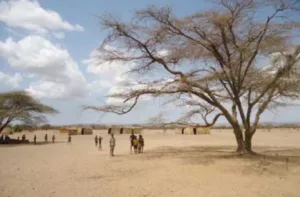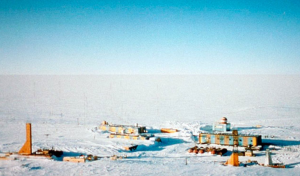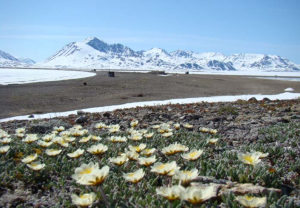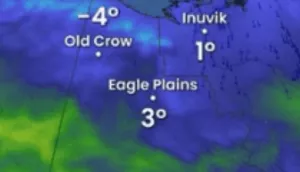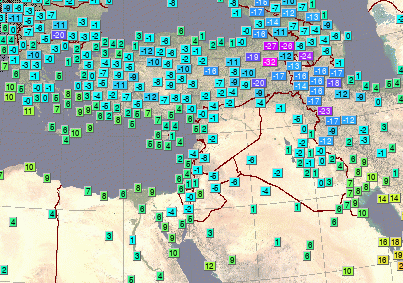
In Lebanese mountains, according to estimates, minimum temperatures should drop up to -27°C.
Temperatures around -15°C are reported from Erbil, northern Iraq.
In southeastern Turkey in the mountains, -39,7°C was in the last hours measured /the next Mkweather article/, and severe frosts outbreak hit anomalously southern regions across the Middle East and NE Africa, too.
Extremely low temperatures up to -23°C are reported from Iranian mountains, too.
In Damask, Syria (around 600 MASL), only -8,0°C was on 18. January 2022 measured.
Turaif, Saudi Arabia (around 800 MASL), reported anomalous -6,0°C.
In lower elevated parts of Iraq, -4,7°C surprised Kirkuk (350 MASL) and -2,0°C Baghdad.
Nekhel in Sinai, Egypt, reported extremely low -4,0°C.
Beer Sheva in Israel reported frost (-0,1°C), too and mountains along the eastern Mediterranean coast are covered by snow from a severe blizzard, while in lower elevated regions, severe floods have appeared.
Jordan according to Tweets below hit record low temperatures, too, e.g. Safawi around 600 MASL reported -5,0°C.
Makkah, Saudi Arabia recorded in the last days very low maximum temperature only +24,0°C.
Winter conditions in the region will continue minimally until the end of February 2022, while in Europe, gradually from the west, the NAO+ phase brings early-spring conditions /https://mkweather.com/6-week-forecast-for-europe-january-will-be-the-last-winter-month-february-will-bring-spring//.
Frosts in the region are very damaging for regional agriculture and many warnings before a powerful Arctic winter are currently valid.
In mountainous regions, with -15°C temperatures, the risk of hypothermia is very high near long outdoor activities, moreover, with even colder windchill temperatures near blizzards.
If you live in the region, will be prepared for minimally 5 cold weeks ahead, therefore we recommend you to watch current weather news, forecasts, warnings, and advisories.

Source: Extreme Temperatures Around The World, Twitter


